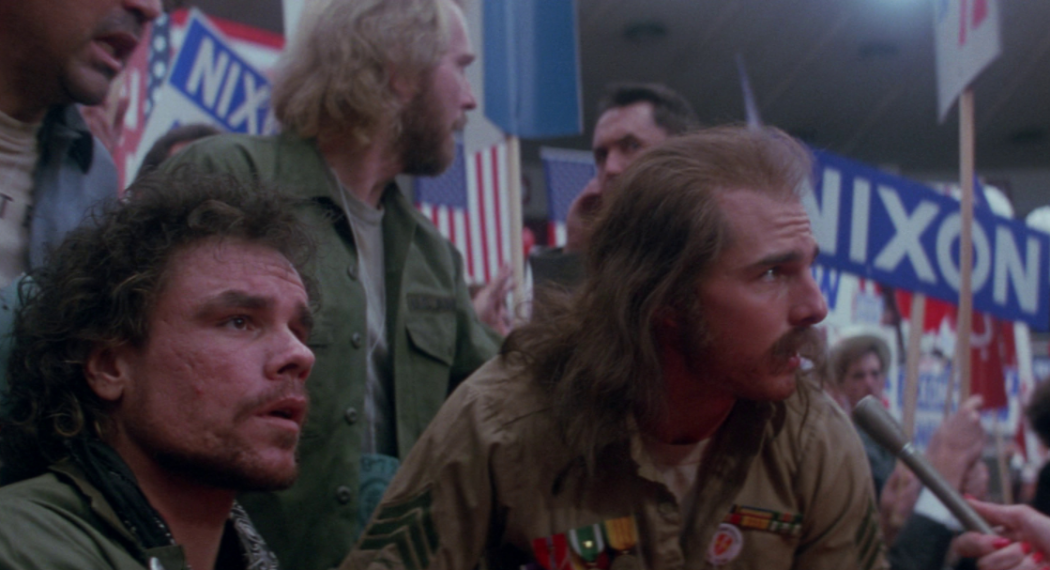With help from Oliver Stone’s cynicism, Williams steps outside his signature sentimental approach
Within the storied career of John Williams are signposts, epochal moments that define his impact on the industry and the industry’s influence on him. How to Steal A Million and Heidi marked promising forays into score adaptation and composition. Jaws and Star Wars returned modern instrumentation to orchestral sensibilities and decades later, Williams would downsize his scope with Memoirs of a Geisha. Born on the Fourth of July is seminal to the Maestro’s history, too, and we have Oliver Stone to thank for that.
In what in hindsight was the director’s own worldview melding with his subject matter, Stone’s Vietnam War takedown does not adopt a rosy view of the United States, presenting a fractured nation divided along ideographic language and threadbare allegiances. Using the autobiography real-life veteran and anti-war activist Ron Kovic (Tom Cruise), Stone weaves skepticism into the narrative early, most prominently beginning with a veterans parade in the Long Island suburb of Massapequa. The faces of the old army dogs as they pass a young and impressionable Kovic are ravaged by somber, mournful notes that sink in the human cost of war. A stirring trumpet drives the pathos. As resonant as images of Cruise’s wheelchair bound protests are, Tim Morrison’s solo work wears on the soul, spouting phrases that may as well be sullen, stretched-out reveilles.
Stone was clearly a fan of the results, and Williams would return to these solitary voices in 1991’s JFK, redoubling on a broken horn call for a broken nation. Stone’s precise influence on the pair’s collaborations — Nixon would conclude their trilogy of pessimism in 1995 — is far less important than Williams’ output itself. Sentimentality is essential to understanding how and why Williams writes the music he writes. With a rabble-rousing conspiracy wonk at the helm, Williams stepped outside that reverence for the past, answering questions of patriotism and moralism with cynicism and ambiguity. Born on the Fourth of July‘s combat sequences are scored without listenability in mind, defined by dour progressions, shrill glissandos and basal plodding. War is messy and what’s right and wrong can be complicated — or nonexistent altogether.
- UW Cinematheque presents Born on the Fourth of July on Sun, Mar 26 at 2:00p in the Chazen Art Museum. Admission is FREE and open to the public.

